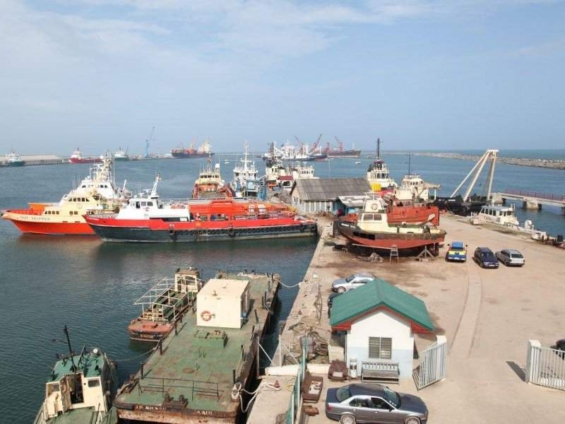The General Secretary of the General Agricultural Workers’ Union (GAWU), Edward Kareweh says the benchmark value policy was not a well thought through policy.
This, he says, is because it failed to achieve what it ought to have achieved and looking forward; it might never achieve the purpose for which it was introduced.
“Because so long as demand at that time remained the same, the mere fact that you reduce the duty on import did not necessarily mean that prices will fall in the market,” he said on JoyNews’ PM Express during panel discussion on the impact of the reversal of the benchmark policy on some 43 import goods.
According to him, it was rather expected that the importers would take advantage of the benchmark policy to cash in at the expense of the government’s expectation of domestic prices of goods decreasing.
“Because the importers are rational beings, and once they are rational beings, you don’t expect them not to cash in on the demand at the time and then the low cost to maximize profit. So in that form, some of us it was not a well thought through policy because the objective it ought to achieve, from the onset one could see that it was not achievable,” he said.
He noted that with its subsequent reversal, “of course there are implications for it, and what are those implications? The implications are that prices of imports will go up and when they go up, the general agricultural system is also part of the economy and, therefore, it will indeed affect agricultural production.”
Meanwhile, the AGI has welcomed the reversal stating that the policy measure was anti-industrialisation and impeded the realisation of the government's industrialisation drive.
Also speaking on JoyNews’ PM Express show, Dr. Ayim-Darke stated that the benchmark value policy does not align with the economic policies of government.
He said, “The benchmark policy was a misalignment onto the economic model that the government had promised and had articulated in various platforms including the famous one district one factory and other related industrialisation models. Our position is the benchmark policy is dislocating the economic model. That is item number one. Our position has never been the case that the policy is a revenue generation policy.”
Latest Stories
-
George Twum-Barimah-Adu pledges inclusive cabinet with Minority and Majority leaders
11 mins -
Labourer jailed 5 years for inflicting cutlass wounds on businessman
12 mins -
Parliament urged to fast-track passage of Road Traffic Amendment Bill
13 mins -
Mr Daniel Kofi Asante aka Electrician
13 mins -
Minerals Commission, Solidaridad unveils forum to tackle child labour in mining sector
18 mins -
Election 2024: Engagement with security services productive – NDC
20 mins -
‘Let’s work together to improve sanitation, promote health outcome’ – Sector Minister urges
21 mins -
Ellembelle MP cuts sod for six-unit classroom block at Nkroful Agric SHS
24 mins -
‘I’ll beat the hell out of you if you misbehave on December 7’ – Achiase Commanding Officer
27 mins -
AFPNC leads the charge on World Prematurity Day 2024
33 mins -
Court remands unemployed man over theft of ECG property
39 mins -
Election security rests solely with the police – Central Regional Police Command
41 mins -
NCCE engages political youth activists at Kumbungu on tolerance
41 mins -
‘In Mahama’s era students lacked chalk, but are now receiving tablets’ – Bawumia
51 mins -
Project commissioning not a ploy to attract votes – Oppong Nkrumah
53 mins

